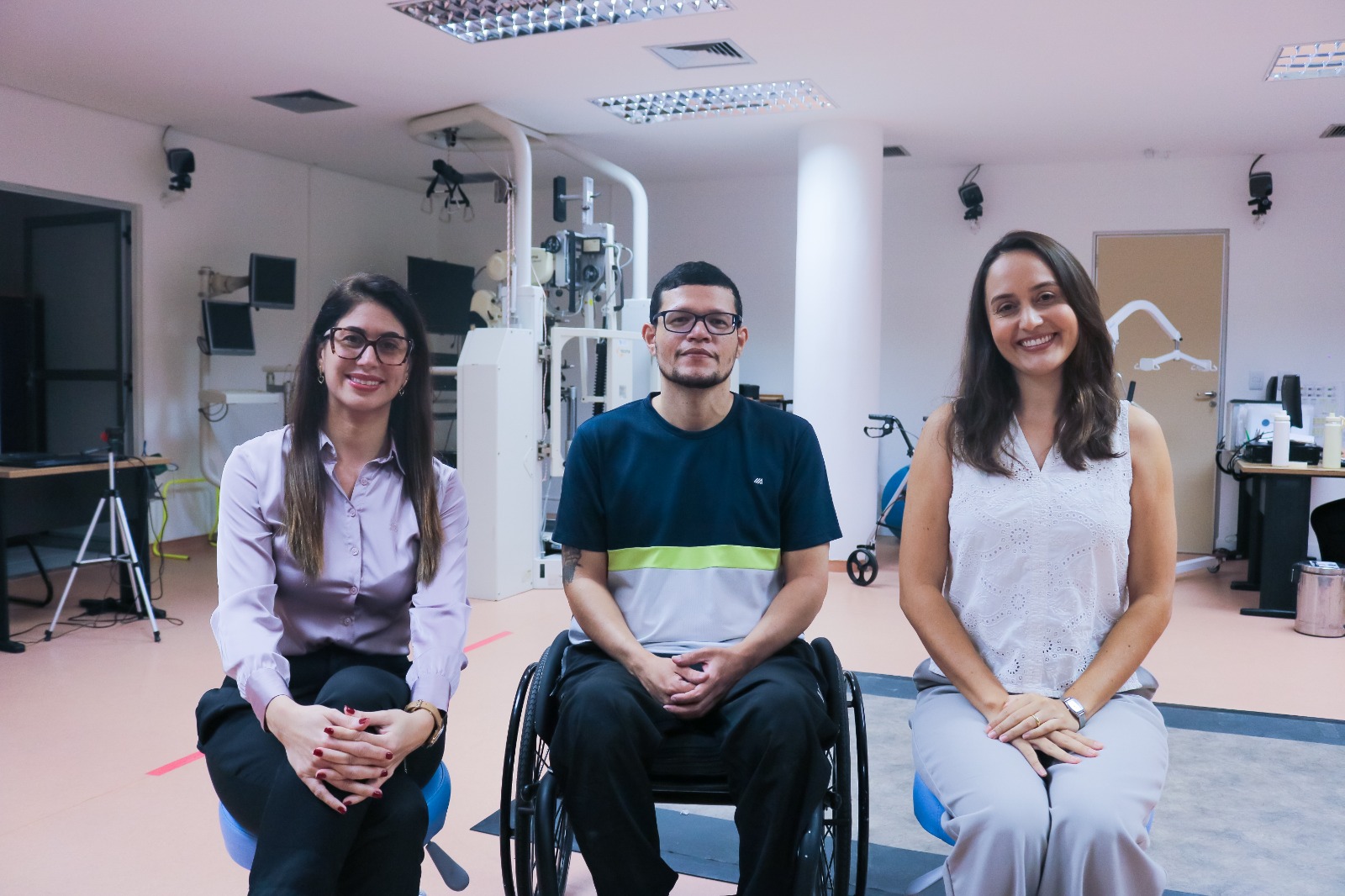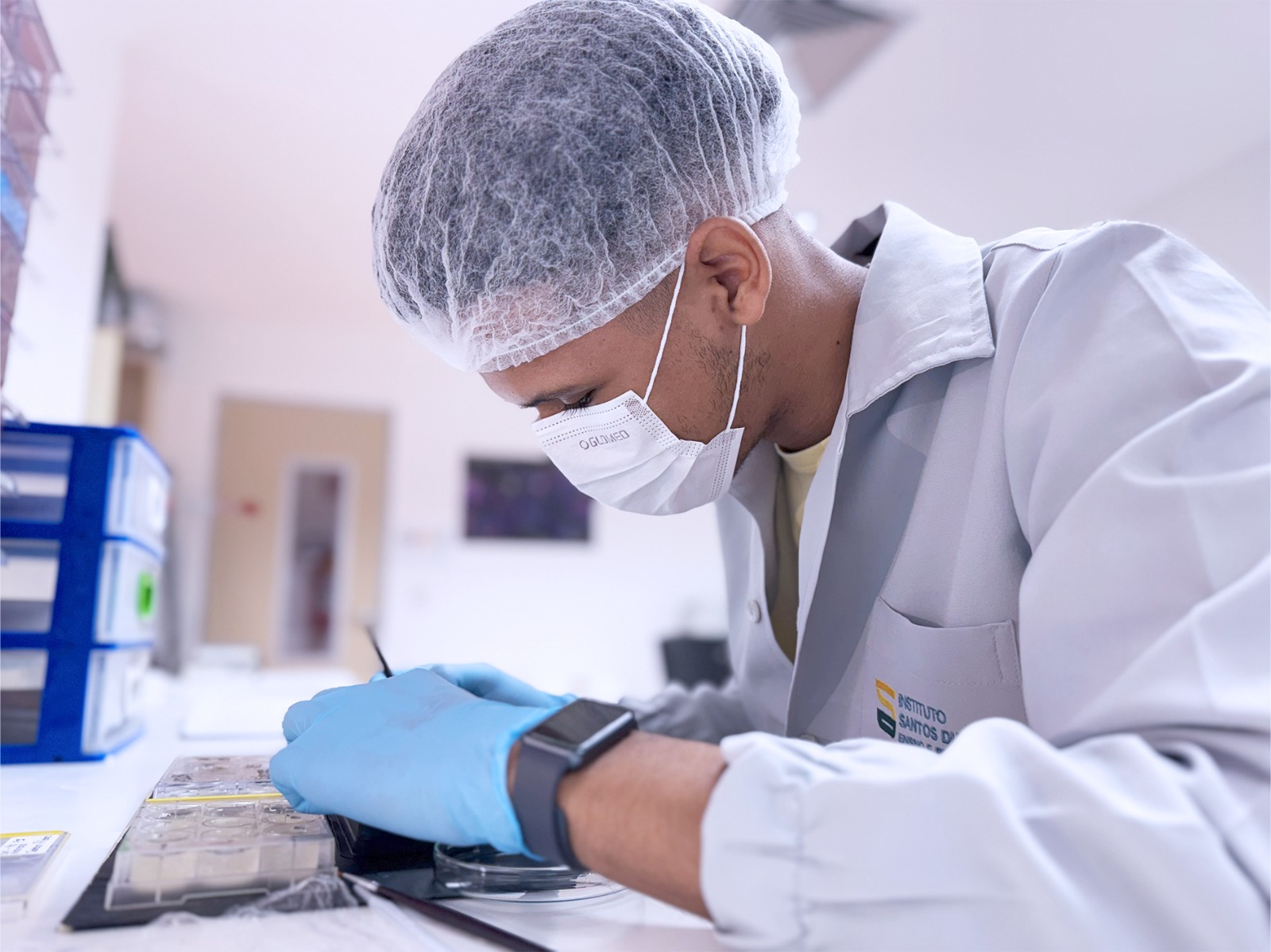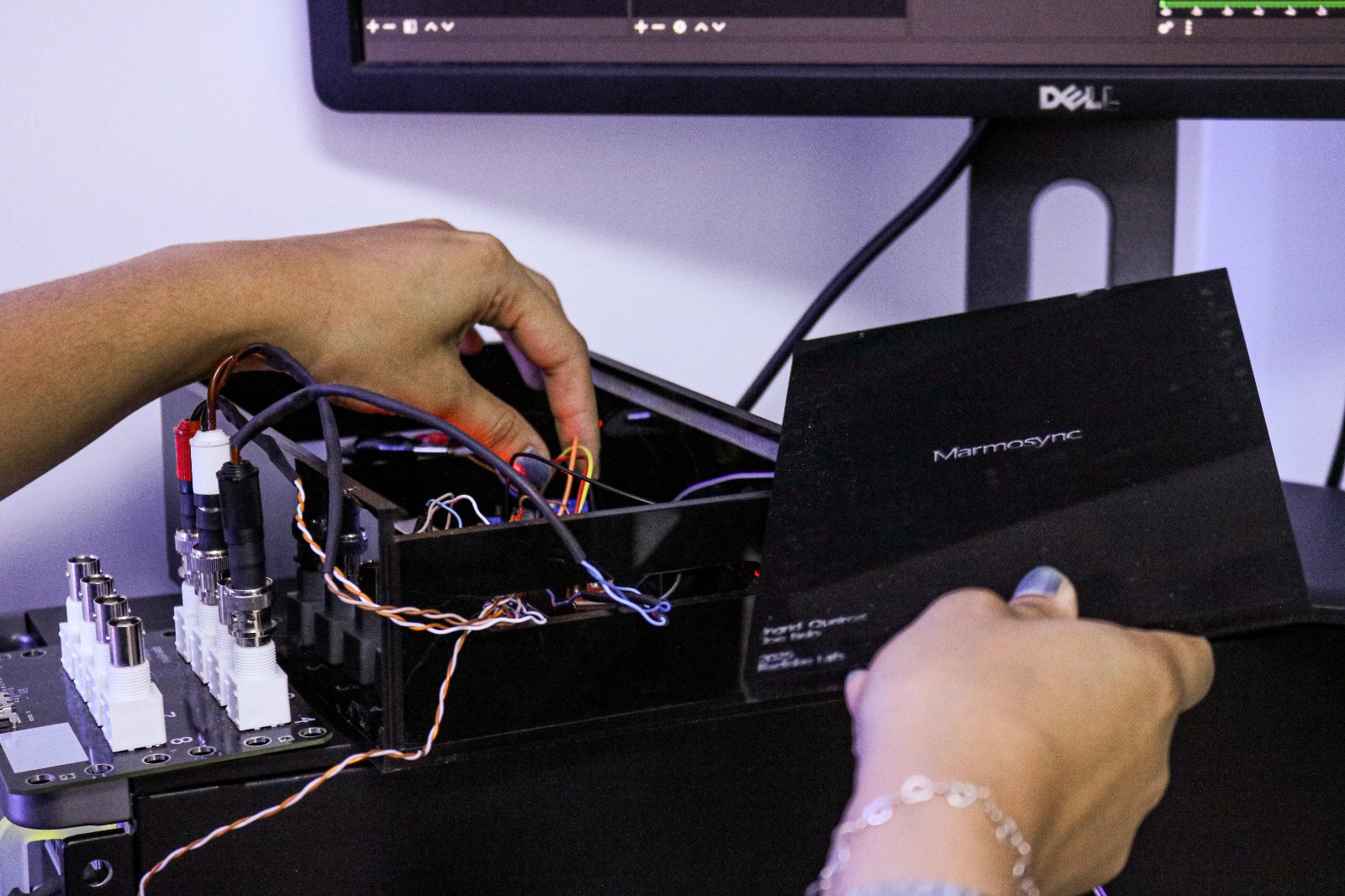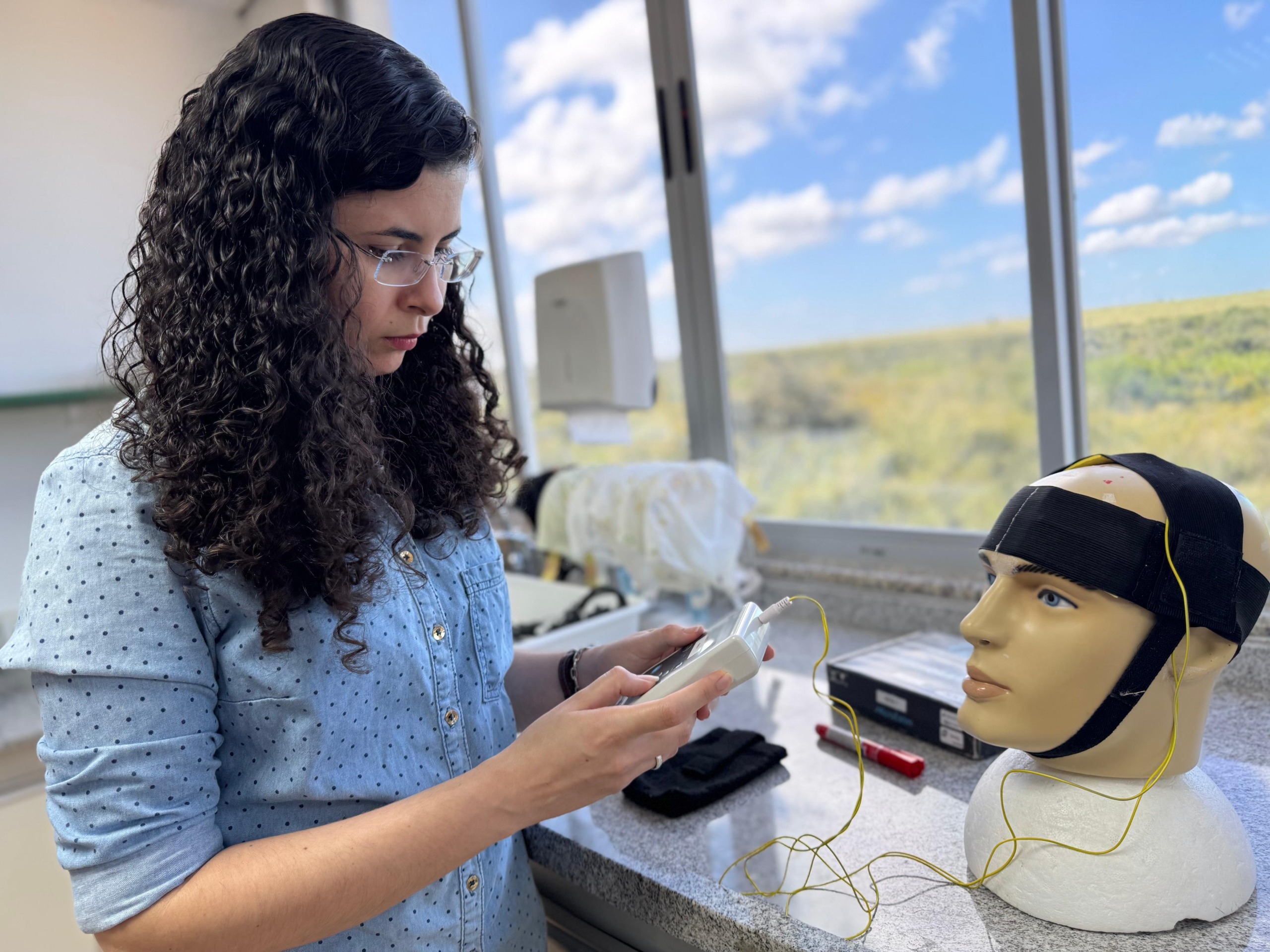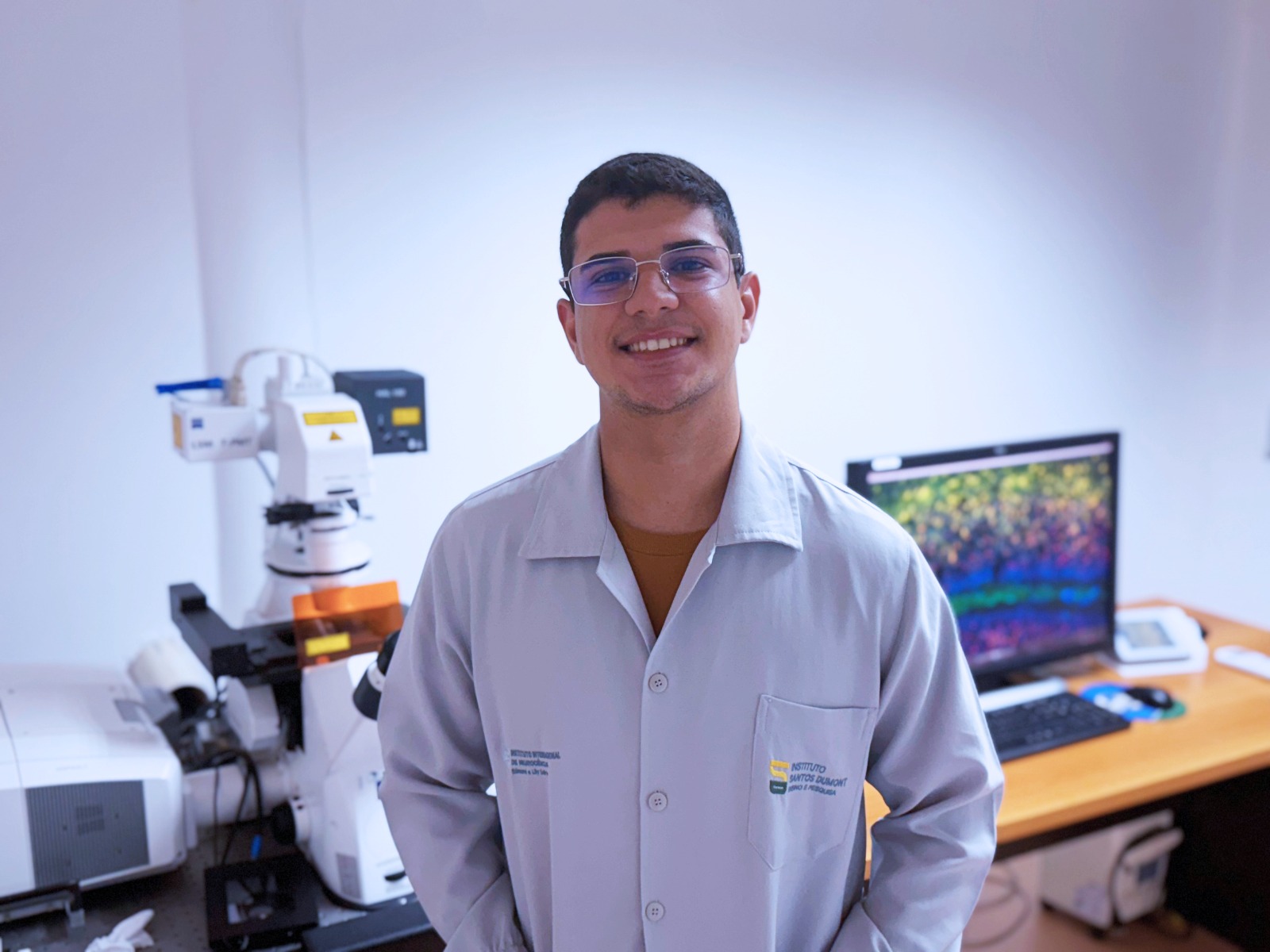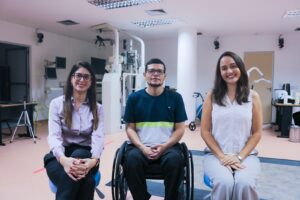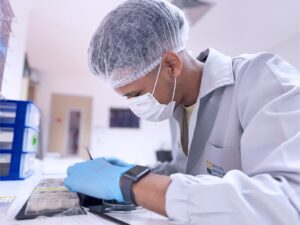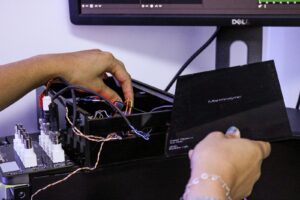The medical and multidisciplinary preceptors who work at the Anita Garibaldi Health Education and Research Center (Anita) and at the Edmond and Lily Safra International Institute of Neurosciences (IIN-ELS), units of the Santos Dumont Institute (ISD) in Macaíba, met at this Monday, 21st, to discuss strategies for improving skills and teaching at this year's II Preceptorship Workshop. The objective is to apply the knowledge acquired in the daily life of the institution and in the training of undergraduates and residents who pass through the ISD clinics.
The ISD is part of the Health Care Network for People with Disabilities as a Specialized Center for Rehabilitation IV, authorized by the Ministry of Health in the Physical, Intellectual, Visual and Hearing modalities, for the Seventh Health Region of the State of Rio Grande do Sul. North (Metropolitan Region), covering the municipalities of Macaíba, Natal, Parnamirim, São Gonçalo do Amarante and Extremoz.
According to the coordinator of ISD's Academic Health Teaching Activities, neuropsychologist Samantha Maranhão, the Workshop aims to reflect on the specific skills of each of the preceptors - divided between doctors with different specialties, physiotherapists, psychologists, speech therapists, occupational therapists, social workers and pedagogues – and which can be shared with other professionals, undergraduates and master’s students. In addition to skills, the Workshop brought as one of the topics discussed the application of Entrustable Professional Activities (EPA, in English), both with an emphasis on health care for people with disabilities.
They are day-to-day professional practice units, which can be entrusted to students/preceptors, as they demonstrate the necessary skills to carry them out. They are executable, observable and measurable within a period. The APN concept thus recognizes that patient care often involves multiple observable behaviors. For educational purposes, it is not enough to identify EPAs as just a simple list of tasks. EPAs must indicate the necessary supervision in order to provide autonomy to the student. Thus, educational objectives are linked to healthcare and patient safety.
“This discussion is important because we need to understand that we are not just health professionals. As preceptors, we assume the roles of educators”, comments neuropsychologist Samantha Maranhão.
As presented during the Preceptorship Workshop, competence is the ability to mobilize different resources to solve, with relevance and success, the problems of professional practice, in different contexts. Thus, the combination of cognitive, attitudinal and psychomotor capabilities, mobilized to carry out an action, is translated into performances that reflect excellence in practice.
The term competence has two lines of conception: atomistic, widely known as CHA – initials of the attributes Knowledge, Skills and Attitudes; and holistic, with an integrative vision.
Text: Ricardo Araújo / Ascom – ISD
Photograph: Ricardo Araújo / Ascom – ISD
Communication Office
comunicacao@isd.org.br
(84) 99416-1880
Santos Dumont Institute (ISD)
It is a Social Organization linked to the Ministry of Education (MEC) and includes the Edmond and Lily Safra International Institute of Neurosciences and the Anita Garibaldi Health Education and Research Center, both in Macaíba. ISD's mission is to promote education for life, forming citizens through integrated teaching, research and extension actions, in addition to contributing to a fairer and more humane transformation of Brazilian social reality.




